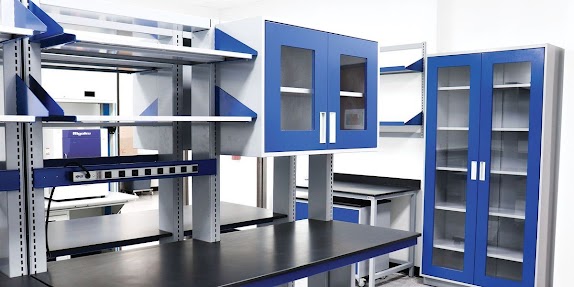How can cleanroom services contribute to product quality control?
Cleanroom services play a crucial role in maintaining high product quality control, especially in industries such as pharmaceuticals, electronics manufacturing, aerospace, and healthcare. Here are several ways in which cleanroom services contribute to product quality control:
1.Contamination Control:
Particle Control: Cleanrooms are designed to control and minimize airborne particles, dust, and contaminants. This is essential in industries like semiconductor manufacturing, where even tiny particles can lead to defects in products.
2.Stringent Environmental Conditions:
Temperature and Humidity Control: Cleanrooms maintain precise temperature and humidity levels, which are critical for certain manufacturing processes. This control helps ensure consistent product quality.
3.Microbial Control:
Sterile Environment: In industries like pharmaceuticals and biotechnology, cleanrooms are essential for creating sterile environments. This prevents microbial contamination and ensures the production of safe and effective products, such as medications and medical devices.
4.Quality Assurance:
Process Standardization: Cleanroom environments help standardize manufacturing processes by controlling variables like air quality, temperature, and humidity. This consistency contributes to the reproducibility of products and reduces the risk of defects.
5.Reduced Defect Rates:
Prevention of External Contaminants: Cleanrooms prevent external contaminants from entering the manufacturing process. This is crucial for industries where even minute impurities can lead to product defects, such as in the production of microelectronics.
6.Compliance with Regulations:
Regulatory Requirements: Many industries are subject to strict regulatory standards and guidelines. Cleanroom services help companies comply with these regulations, ensuring that products meet quality and safety standards set by authorities.
7.Improved Yield and Efficiency:
Minimized Rework: By minimizing the risk of contamination and defects, cleanrooms contribute to higher production yields and reduce the need for costly rework or product recalls.
8.Specialized Cleanroom Garments and Equipment:
Wearing Apparel and Tools: Cleanroom personnel wear specialized garments and use equipment designed to minimize particle release. This helps prevent human-generated contamination during manufacturing processes.
9.Documentation and Monitoring:
Data Logging and Monitoring Systems: Cleanrooms often incorporate sophisticated monitoring systems to track environmental conditions. This data is crucial for documentation, analysis, and continuous improvement of manufacturing processes.
10.Employee Training:
Training Programs: Cleanroom personnel undergo specialized training to understand and adhere to strict protocols. This helps ensure that human factors do not compromise the cleanliness of the environment.
In summary, cleanroom services in UAE contribute significantly to product quality control by providing controlled environments that minimize contaminants, ensure regulatory compliance, and optimize manufacturing processes. This results in higher-quality products, reduced defects, and increased overall efficiency.



Comments
Post a Comment